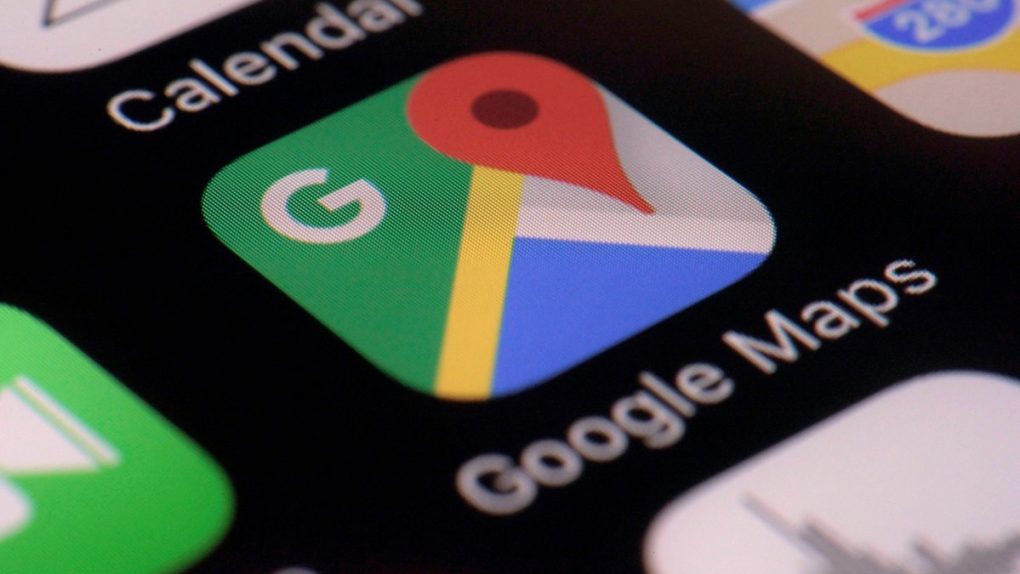A bombshell report from The Associated Press a few weeks ago, which explained how Google stores location data from some of its services when people people turn off the “Location History” setting, keeps kicking up new legal probes against the company over the practice.
We’ve already reported about the filing of a federal privacy lawsuit against the company, as well as the Electronic Privacy Information Center’s complaint to the Federal Trade Commission. Now, here comes a probe from Arizona’s attorney general Mark Brnovich (a Republican, we should note), whose office has already roped in an outside law firm to help it investigate the search giant.
A letter dated Aug. 21 notes that Brnovich’s office wanted help looking into a tech company that’s not named, though it’s pretty clear Google is the focus. The letter notes this company’s “storage of consumer location data, tracking of consumer location and other consumer tracking through (redacted) smartphone operating systems, even when consumers turn off ‘location services’ and take other steps to stop such tracking.”
That letter was apparently prepared about a week after the AP report. Ryan Anderson, a spokesman for the attorney general’s office, told The Washington Post that Arizona had “been thinking about investigating privacy concerns by tech companies for some time” but that he couldn’t confirm which company was the target of this probe.
“Under state law,” according to the WaPo, “Arizona can bring consumer-protection cases against businesses that deceive users about their practices.” And, pointing to what could be a potentially huge fine against Google given how many users this affects, the newspaper goes on to note “The state also can seek penalties of up to $10,000 per violation, meaning Google’s location privacy practices could result in a sky-high fine for the company.”
Here’s our report from August about what set all this in motion. An Associated Press investigation studied the way Google services on both Android devices and iPhones handle your location data, with the creepy takeaway being that many of Google’s services on both devices “store your location data even if you’ve used privacy settings that say they will prevent it from doing so.” Computer science researchers at Princeton also looked over the AP’s findings at its request and confirmed the results.
“Google stores a snapshot of where you are when you merely open its Maps app,” the AP reported about its findings. “Automatic daily weather updates on Android phones pinpoint roughly where you are. And some searches that have nothing to do with location, like ‘chocolate chip cookies,’ or ‘kids science kits,’ pinpoint your precise latitude and longitude — accurate to the square foot — and save it to your Google account.”







